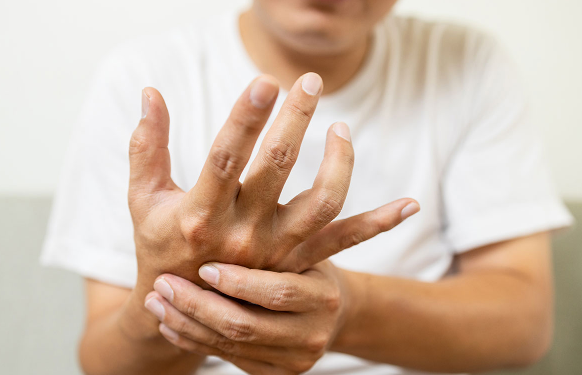
Guillain-Barre Syndrome (GBS) is a condition that affects the nervous system. With this condition, there is a general weakness of the muscle, loss of reflex, and tingling or numbness in parts of the body. This condition can cause temporary paralysis. A majority of people that suffer from GBS tend to recover when given proper treatment. People usually recover fully from the condition within 180 to 365 days. Once you recover from the condition, there is a little possibility of it coming back.
What causes Guillain-Barre Syndrome?
While just about anybody can be afflicted by GBS, the condition is frequent among people that are 50 years old and above. The causative agent for GBS is uncertain. Some people think that it is caused by some illnesses changing the nerve cells. Why some other speculation is that the condition is caused by the immune system not knowing which cells to attack. GBS will usually show up several days or weeks after flu, stomach virus, or cold. In some rare situations, the condition can be triggered by vaccinations or surgery. People who suffer from GBS have their immune systems attacking their nerve cells. When this happens, the nerve cells are unable to send signals to the brain. It results in the muscles not being able to respond to signals from the nerves. Due to this, the brain is not able to send enough signals to the body.
What are some of the symptoms of Guillain-Barre Syndrome?
When it happens, GBS can act very quickly. People usually notice the condition first within their legs and arms. They may usually notice weaknesses in their feet and hands. This sensation can also be “pins and needles.” With time, this feeling can move to the middle part of their bodies. Other symptoms include tiredness and slow reflexes.
In other cases, the symptoms can be just mild weakness. Other people may become fully paralyzed while they may struggle to breathe or swallow. During the outset of GBS, the symptoms can quickly get worse.
Diagnosis of the Guillain-Barre Syndrome
At the outset of the condition, it can be hard to diagnose. GBS possesses symptoms and signs that can be associated to different other neurological disorders and this can vary from one person to the next. To conduct a full diagnosis, the doctor can begin with your medical history and conduct a thorough physical test. For an accurate diagnosis, the doctor can recommend a series of tests and routines. This can be:
Spinal tap (lumbar puncture): This involves the doctor withdrawing a little amount of fluid from the lower back in the spinal canal. This fluid is then tested to detect the presence of GBS.
Electromyography: This involves the insertion of thin-needle electrodes into certain muscles in the body. The doctor will have chosen these muscles for a possible study. These electrodes are used to measure the level of nerve activity within the muscles.
Studying the nerves for conduction: In this test, you have electrodes taped to the skin of the patient just above the nerves. A little shock gets passed through this nerve. This is then used to measure the speed of the signals to the nerve.
Treatment
When it comes to Guillain-Barre Syndrome treatment
Links to an external site., there is no known cure. However, doctors rely on two different treatment types to speed up the process of recovery. This can also reduce the gravity of the condition. The treatments are:
Plasma exchange (plasmapheresis): This Guillain-Barre Syndrome treatment involves the removal of the liquid part of the blood (plasma). This is then separated from the blood cells. Later, these blood cells are then brought back into the body. It then goes on to make more plasma to compensate for those that have been removed.
Immunoglobulin therapy: This Guillain-Barre Syndrome treatment involves the administration of immunoglobulin that comprises healthy antibodies. This is usually donated by people and administered intravenously (through the veins). High immunoglobulin dosage, can block the causative factors that can trigger the GBS condition.
When it comes to Guillain-Barre Syndrome treatment, these treatments are equally effective. There is no point in mixing them as they are sufficiently effective when administered alone. In addition to the above-mentioned treatments, patients are likely to be administered medication to:
- To help relieve severe pain
- To stop blood clots that can be caused when the patient is immobile
For more info on Guillain-Barre Syndrome treatment check out https://stemaidinstitute.com
Links to an external site. .
 icons at the top right corner of the subsection.
icons at the top right corner of the subsection.